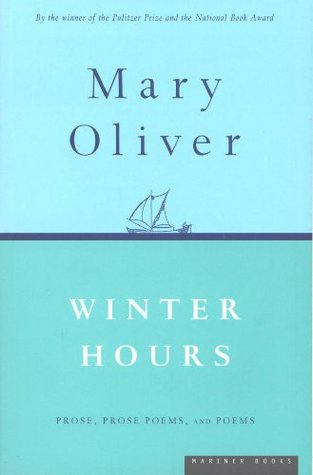More on this book
Community
Kindle Notes & Highlights
I have felt all my life that I was wise, and tasteful too, to speak very little about myself—to
Everything he learned, he learned at a careful pace—will not the use of words come easier at last, though he begin at the slowest trot?
I was playing. I was whimsical, absorbed, happy. Let me always be who I am, and then some.
I don’t think I am old yet, or done with growing. But my perspective has altered—I am less hungry for the busyness of the body, more interested in the tricks of the mind.
What is it now? What does it signify? Not Indolence, surely, but something, all the same, that balances with Ambition.
am burdened with anxiety. Anxiety for the lamb with his bitter future, anxiety for my own body, and, not least, anxiety for my own soul. You can fool a lot of yourself but you can’t fool the soul. That worrier.
Just where does self-awareness begin and end? With the June bug? With the shining, task-ridden ant? With the little cloud of gnats that drifts over the pond? I am one of those who has no trouble imagining the sentient lives of trees, of their leaves in some fashion communicating or of the massy trunks and heavy branches knowing it is I who have come, as I always come, each morning, to walk beneath them, glad to be alive and glad to be there.
Forebears, models, spirits whose influence and teachings I am now inseparable from, and forever grateful for. I go nowhere, I arrive nowhere, without them. With them I live my life, with them I enter the event, I mold the meditation, I keep if I can some essence of the hour, even as it slips away. And I do not accomplish this alert and loving confrontation by myself and alone, but through terrifying and continual effort, and with this innumerable, fortifying company, bright as stars in the heaven of my mind.
Of course! the path to heaven doesn’t lie down in flat miles. It’s in the imagination with which you perceive this world, and the gestures with which you honor it. Oh,
When I see the black cricket in the woodpile, in autumn, I don’t frighten her. And when I see the moss grazing upon the rock, I touch her tenderly, sweet cousin.
But none of these elements does more than forward the real subject of Poe’s work, which is the anguish of knowing nothing for sure about the construct of the universe, or about the existence of a moral order within it—anything that would clarify its seemingly total and imperial indifference toward individual destiny. Poe is no different from any of us—we all choke in such vapors, somewhat, sometimes. A normal life includes the occasional black mood.
Whatever the painful and unresolved interior of the poem, the poet has kept his balance, and we can too. Balance, restraint, steadiness, a controlled and reasonable tongue, and an eye that never fails to see the beauty of things whatever else it sees—these are victories.
It is supposed that a writer writes what he knows about and knows well. It is not necessarily so. A writer’s subject may just as well, if not more likely, be what the writer longs for and dreams about, in an unquenchable dream, in lush detail and harsh honesty.


